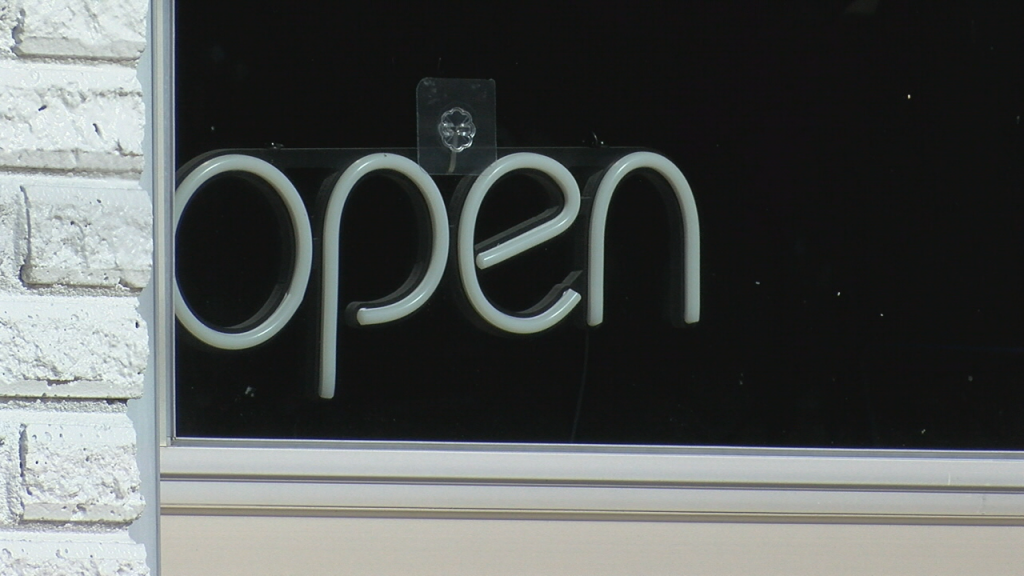Renting DVD’s; what you need to know
by Kelli B. Grant
Tuesday, March 16, 2010
provided by SmartMoney.com
Renting movies to watch at home is cheaper than a night out at the theater, but it can still be a budget buster. Now renters have new pitfalls, financial and otherwise, to watch for.
Blockbuster (BBI) reinstated late fees this month, charging $1 per day after the rental period, up to $10 total. (Previously, consumers had a 10-day grace period before being charged a one-time $10 fee.) Getting hot new releases is no easy feat, either. Desperate to boost DVD sales, studios are pressuring DVD-rental companies to withhold titles until a month after they go on sale. Redbox and Netflix (NFLX) struck deals with Warner Bros. earlier this year, agreeing to a “sale only” window of 28 days.
“Obviously, it isn’t the consumer who makes out on these deals,” says Dan Rayburn, a principal analyst with Frost & Sullivan, covering the online video market. Companies are trying to better position themselves as consumers flock to inexpensive rental options such as mail subscriptions, online streaming and kiosks.
In the rapidly changing rental market, there’s no longer one best choice. Depending on your rental habits, the best bet for your movie tastes and budget is likely to be a mix of several sources. Whatever you pick, track the number of rentals monthly, as well as your expenses. Most people overestimate how quickly they’ll get to watch movies given work and social commitments, and so overpay, says Aya Kaneta, the community manager of budgeting site Thrive. Here’s how the options measure up:
Kiosks
Video-rental kiosks — vending machines that dispense DVDs — are growing, with 41% of consumers saying they use them instead of in-store rentals, according to a study from research firm Market Force. Kiosks have a convenience factor: most are located in supermarkets, drugstores and malls, Kaneta says. Unlike most video stores which want films back by 4 p.m., kiosks require returns by 9 p.m. Otherwise, you will be charged for another night’s rental.
Good for: Budget-minded renters. Kiosks are by far the cheapest option, Kaneta says. Redbox charges $1 per night for DVD and Blu-ray (available only in select locations). Blockbuster Express charges $1 per night for DVDs, $2 a night for Blu-ray. Sign up for email notifications, and both services will periodically send you codes for a free night’s rental.
Bad for: Older and niche movies. Kiosks can hold up to 1,000 DVDs, and typically only carry 200 or so titles. That means selection will be limited to new releases and popular titles. (Keep in mind Redbox’s 28-day delay on Warner Bros. films.) Kiosks aren’t kind to return procrastinators, either. Lose or fail to return the disc within 25 days and you will be charged the full rental rate for that period (i.e., $25).
Streaming/Downloads
One of the big allures of new television sets, Blu-ray players and videogame systems: apps that let you connect to the Internet. Consumers with a high-speed Internet connection can easily “rent” movies to play on their home computer or TV, says Aaron Patzer, the chief executive of Mint.com. Netflix lets its subscribers stream movies for free, while both Apple’s (AAPL) iTunes and Blockbuster offer 24-hour downloads for up to $4. Most cable providers also offer on-demand streaming of select movies; older films can be free, while newer ones will run in the $10 range.
Good for: Immediate gratification. Just a few clicks and you have a movie ready to play on your home computer. For avid movie watchers, streaming can also be one of the cheaper options. Patzer likes the Netflix cheapest plan ($8.99 per month), which includes one mailed DVD out at a time as well as unlimited instant streaming.
Bad for: Slow or unreliable Internet connections. The video quality may not be great, especially if you’re routing the movie to your TV rather than watching on a smaller computer screen, he says. Instant watching isn’t an option for every movie, either. Netflix, for example, offers streaming for roughly 17,000 of its more than 100,000 titles.
Delivery Services
Nearly a third of consumers use either Blockbuster or Netflix for movie home delivery, according to Market Force. The two rivals have identical plan pricing: $8.99 a month for one DVD at a time, $13.99 for two and $16.99 for three. But there are some differences in their plans. Blockbuster doesn’t charge extra for Blu-ray; Netflix tacks on another $1 to $4 monthly, depending on your plan.
Good for: Combination renting. For an extra $3 per month, Blockbuster subscribers can swap mailed DVDs in stores for faster exchanges, and get free and discounted in-store rentals. On Netflix, members get unlimited streaming.
Bad for: Budgeting. Make sure you really need a multidisc plan before subscribing, Kaneta says. The difference between a one- and three-disc plan amounts to an extra $96 a year.
In-Store
Both Blockbuster and Hollywood Video have closed locations in recent months as movie-watchers shy away from in-store rentals. “Unless you’re a five-year-old, going to [the video store] to get a movie isn’t a revolutionary experience,” Rayburn says. According to Market Force survey, 18% of consumers say they plan to make fewer in-store rentals over the next year.
Good for: Fast access to new releases and Blu-ray titles.
Bad for: Renters on a budget. Blockbuster and Hollywood Video charge $6 for new titles and $5 for older ones. If you don’t return movies quickly, there are also $1-per-day late fees to contend with.
Copyrighted, SmartMoney.com. All Rights Reserved.





Leave a Reply